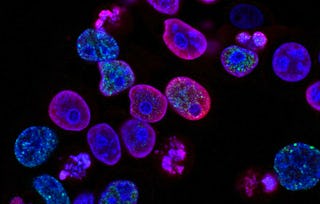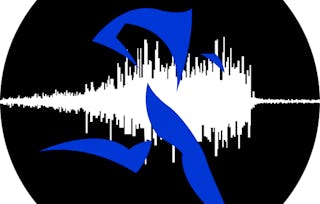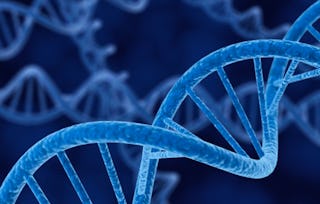What promise do stem cells hold for the treatment of medical conditions? In this five-part online course you will explore the history and basic biology of stem cells, learn about new research techniques, and find out how stem cells could lead to cures for diseases and to individualized medicine. You will hear from Museum scientists, medical researchers at the frontiers of the field, and a panel of bioethics experts who will address the ethical implications of stem cell research and therapy. Learn what has already been accomplished, what challenges remain, and what medical breakthroughs may lie ahead.

The Science of Stem Cells

The Science of Stem Cells

Instructor: Dr. Zehra Dincer
Access provided by BITS Pilani
71,853 already enrolled
3,207 reviews
Skills you'll gain
Details to know

Add to your LinkedIn profile
10 assignments
See how employees at top companies are mastering in-demand skills

There are 5 modules in this course
Welcome to The Science of Stem Cells! You will begin with a basic overview of stem cells--what they are, the history of stem cell research, and the potential for stem cell therapies. You will also learn from AMNH biologist Julia Zichello that stem cells are found throughout the tree of life.
What's included
6 videos3 readings2 assignments
This week, New York University’s Dr. Esteban Mazzoni will discuss how scientists can coax stem cells to differentiate into particular cell types. Dr. Mazzoni will also talk about new stem cell-assisted technologies such as mitochondrial replacement therapy and generating chimeras for organ transplantation. You will also get some background information on the science and ethics of cloning.
What's included
3 videos1 reading2 assignments
We have covered the process by which scientists can differentiate cells in a culture dish. Now you will look at how scientists can use these cell to model diseases in a culture dish. Dr. Andrew Sproul from Columbia University explains how cultured cells can be used to understand the cause of diseases and to look for drugs that will potentially cure them. His research is on Alzheimer’s disease. You will also explore how how stem cells have the potential to help with the study of diabetes.
What's included
3 videos1 reading2 assignments
In addition to the great potential of stem cells to be used in the study of disease, stem cells can also be used to actually treat disease. Neural stem cell pioneer Dr. Sally Temple will explain the potential for using stem cells in our own bodies (adult stem cells) to treat age-related macular degeneration, an increasingly common and debilitating disease. Dr. Temple will also give you some tools for evaluating potential stem cell treatments.
What's included
3 videos1 reading2 assignments
To complete the course, a panel of bioethics experts will discuss some of the controversies surrounding human embryonic stem cells and the legal, policy, and ethical challenges associated with the use of stem cells in basic and clinical research. You will have an opportunity to discuss and ask questions about the future of reproductive technology and stem cell research.
What's included
3 videos2 assignments
Instructor

Offered by
Why people choose Coursera for their career

Felipe M.

Jennifer J.

Larry W.

Chaitanya A.
Learner reviews
- 5 stars
77.67%
- 4 stars
19.80%
- 3 stars
2.02%
- 2 stars
0.34%
- 1 star
0.15%
Showing 3 of 3207
Reviewed on Jul 23, 2018
This is a great course and I really enjoyed each week and the topics debated. I was able to expand my knowledge about stem cells and learned a lot. Thanks to all the involved in this course!
Reviewed on May 6, 2020
The course is really good, informative. Can understand easily. Interesting. Have information of research process, expected results, application. And ethical issues are well explained
Reviewed on Apr 19, 2020
I would like to thank the Course coordinators and tutors for the lucid update and details of Stem cells. It has been a great time relearning the basics to the latest regarding stem cells.
Explore more from Health

University of Colorado Boulder

University of Colorado Boulder

University of Colorado Boulder

American Museum of Natural History

